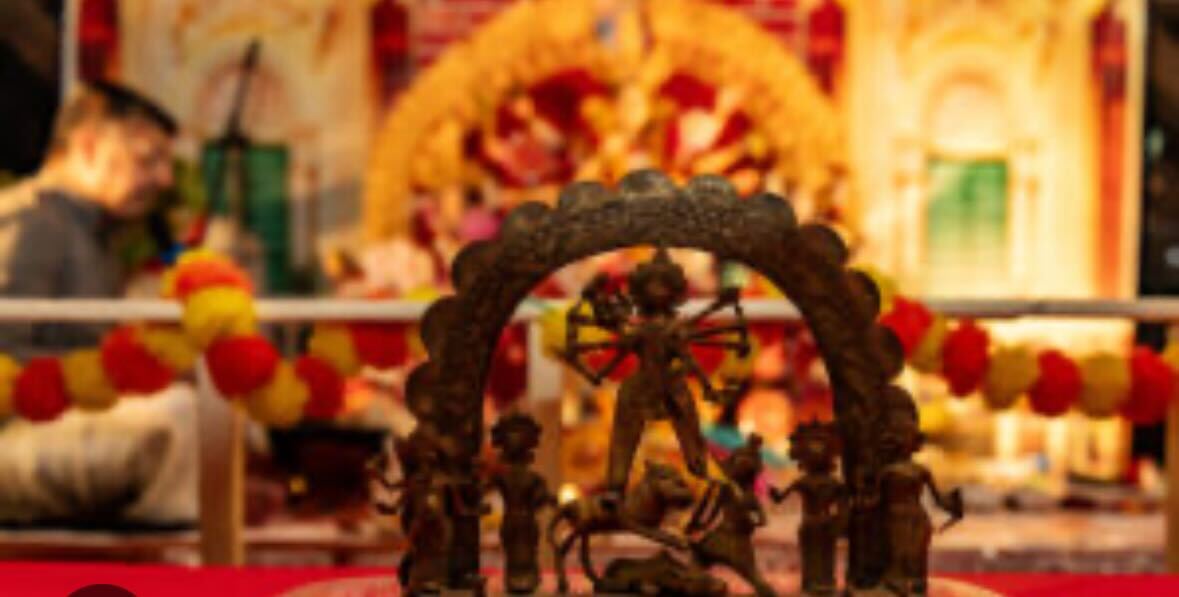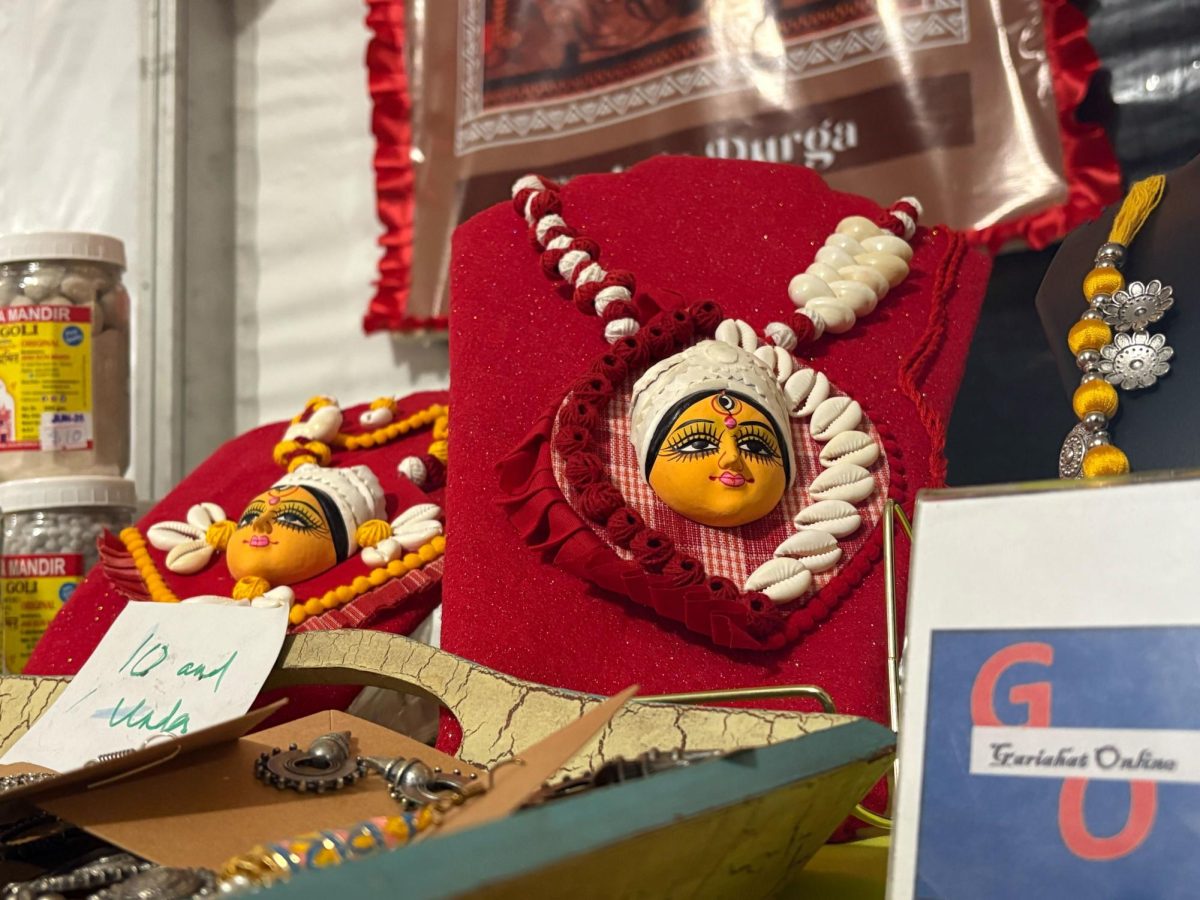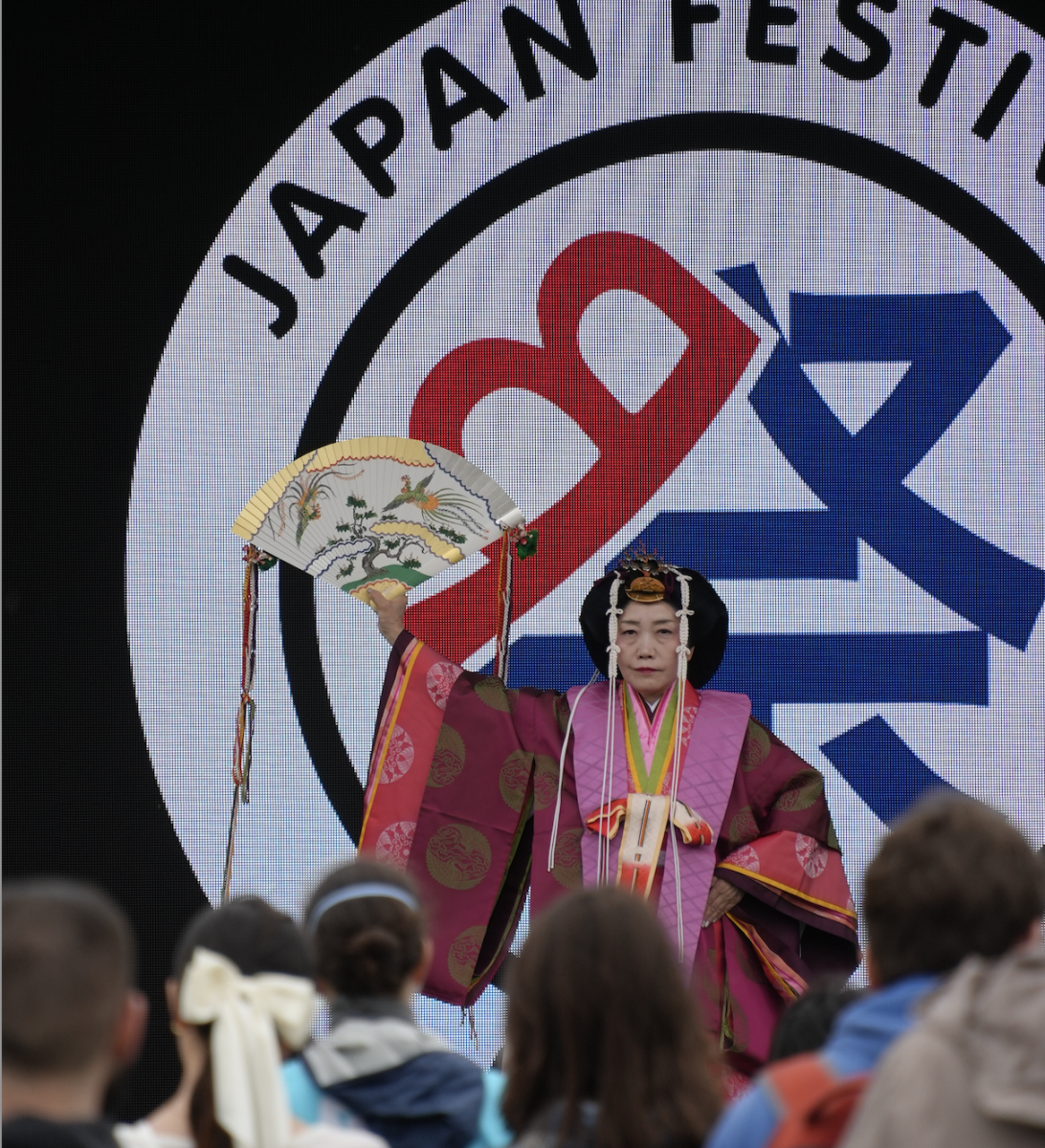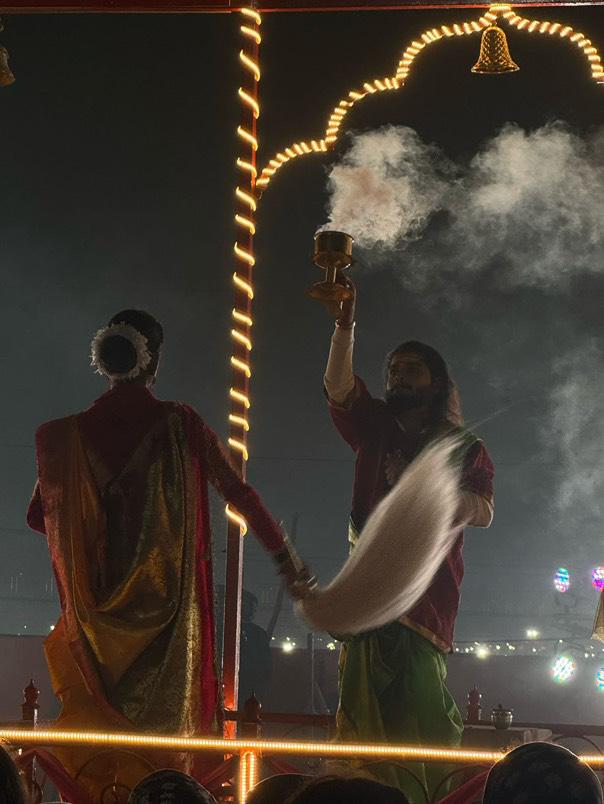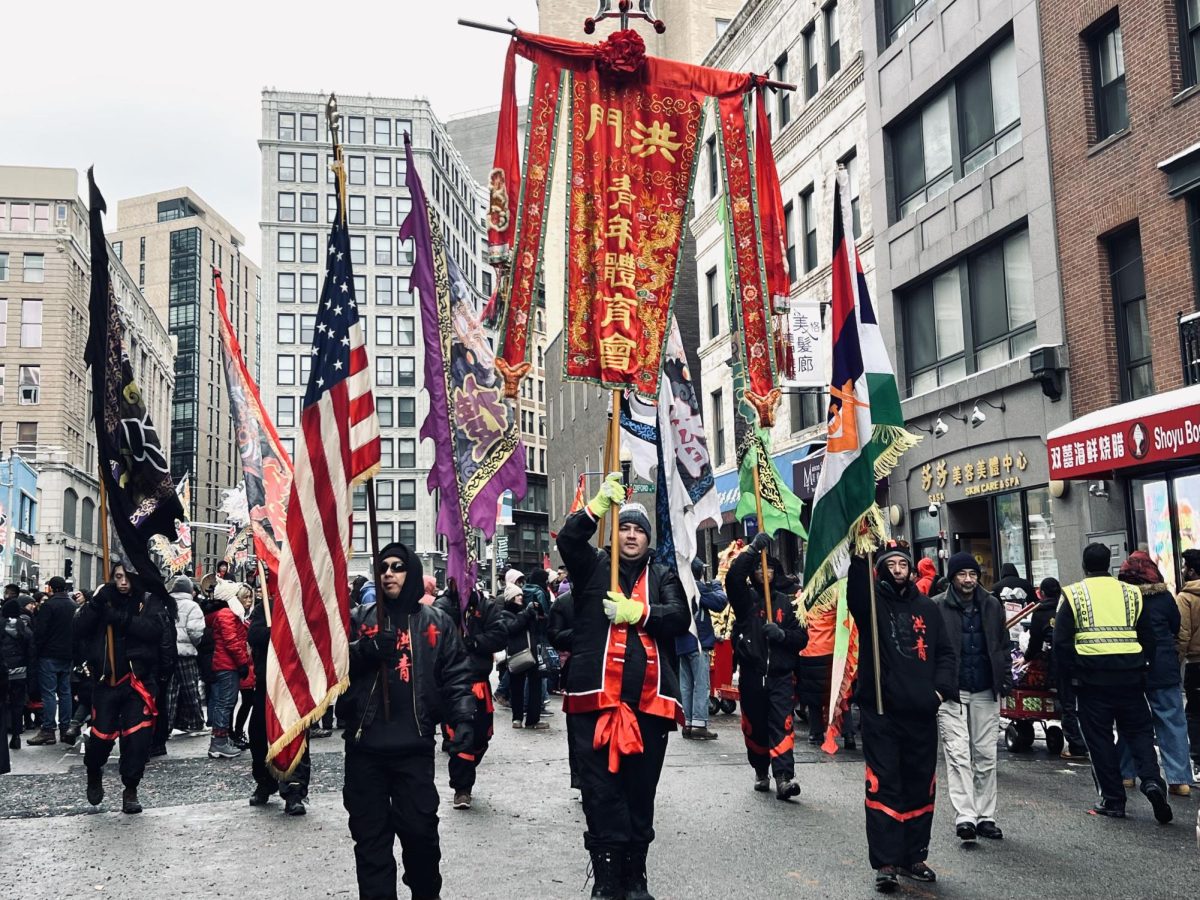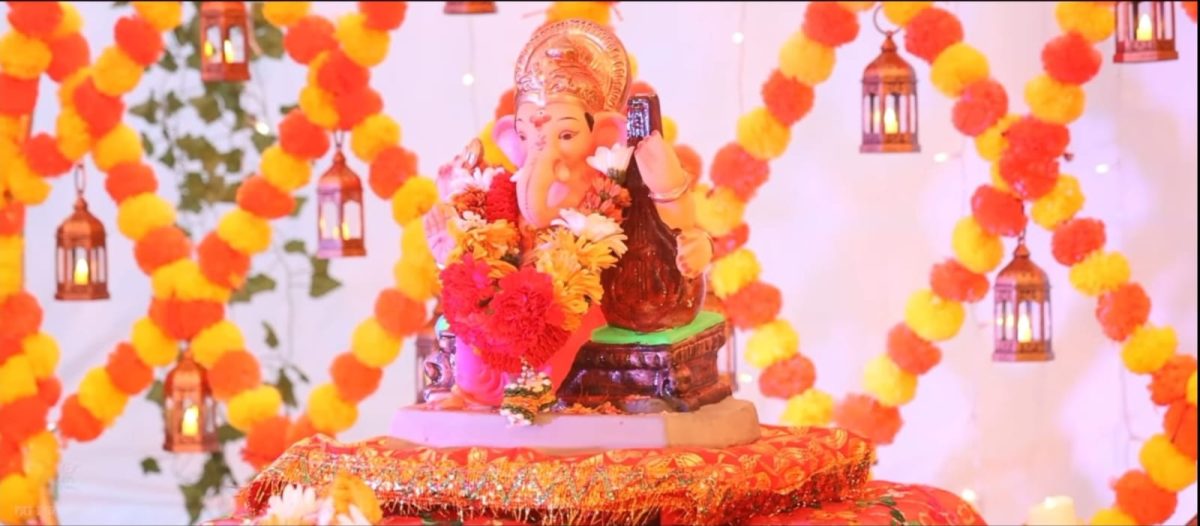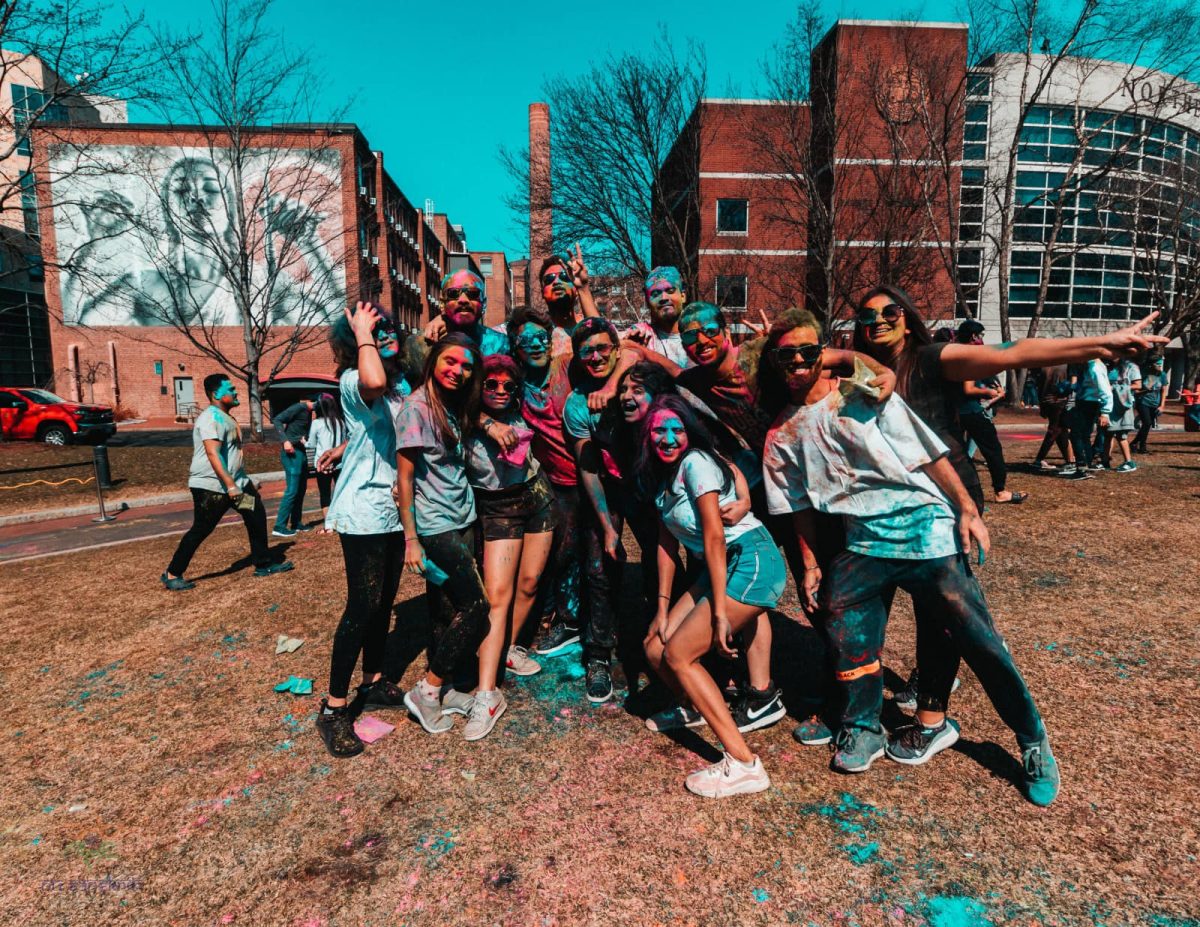As the autumn breeze sweeps through the West, the Bengali diaspora across the United States prepares for the homecoming of Goddess Durga. In the Greater Boston suburb of Hingham, this ten-day festival, known as ‘Durga Puja’, comes to life in all its glory at the local ‘Durga Bari’, which translates closely to the house of Goddess Durga.
A blend of religion and secularism, the festival is marked by merrymaking over food, drinks, and cultural activities. At its core, Durga Puja celebrates the victory of Goddess Durga—a symbol of femininity and power—over the evil, buffalo demon king Mahisasura. The festival’s cultural significance was recognized globally in 2021 when UNESCO added Durga Puja in Kolkata to its list of Intangible Cultural Heritage of Humanity.
From September 26th to October 1st, the Hingham Durga Bari becomes a center for this celebration. “We here believe in no hierarchy and are open to one and all,” says Madhubani Ghosh, a Boston Durga Bari committee member. “14 years back, a bunch of our ancestors started the Durga Puja celebration here at Hingham and we are just continuing their legacy of making everyone feel at home in the west.”
This year’s festivities are centered around an indigenous art form called ‘Pattachitra’, featuring the work of Indian artist Chandan. “I’ve curated the art and decided the theme for this year’s festivities,” said Soumyajit Manna, an organizer and committee member. “The idea was to present a slice of indigenous art to our Western friends along with the cultural slice of Durga Puja.” Original paintings by Chandan are also being sold, with all proceeds going directly to the Delta Community Centre. The celebration also features an original music cover written by Ghosh and sung by Saikat Mukherjee.
While the festival lasts ten days, the main rituals are concentrated in the final five days. The sixth day, known as Shashthi, marks the awakening ceremony, which is called bodhon. The following morning, on Shaptami, devotees start the day with a predawn bath. The eighth day, Ashtami, is considered the most auspicious and features Anjali, a flower tribute to the Goddess. As evening transitions into the ninth day, Navami, devotees observe the Sondhi Puja, a rite that signifies the shift between the two days.
On both Ashtami and Navami, the community gathers for the ‘Dhunuchi Nach’, a traditional dance performed to the rhythm of dhaks, the drums used in the festival. The tenth and final day, Dashami, includes the ritual of Sindoor Khela, where married women smear vermilion on each other and the Goddess. The festival concludes with visarjan, the ceremonial immersion of the Durga idol in water, symbolizing her return to her divine home.
The event draws members of the Bengali community from near and far. Poulami Das and her husband drove from Dallas, Texas, to attend. “We feel quite homesick during these five days of Durga Puja, considering going back to India is quite financially draining,” she says. “Hence, this year for Puja, we decided to drive all the way from Dallas to Hingham to stay connected to our roots.”
For others, like Soumyajit Manna and his wife, who moved to Boston in 2022, the Durga Bari has become an annual tradition after being introduced to it by a cousin.
The grounds are filled with stalls serving delicacies like bhog and hosting theatrical plays, showcasing all elements of Bengali culture. Richa Gupta, an information security officer from Rhode Island, was invited by Manna to showcase her ‘Pattachitra’ work on sarees and scarves to raise funds for her animal-friendly nonprofit, the Purrfect Henna and Crafts. “Being a Jaipur-based Indian, it’s all quite new for me, and I’m more than delighted to get accustomed to the rich cultural history of the Bengalis,” she said.
In the contemporary world, Durga Puja has transcended its religious significance to become a massive celebration of artistry, often reflecting socio-political themes. In Bengal, where an estimated 3,000 or more pujas occur, the creative industry surrounding the festival is valued at more than 32 crore rupees (over $38,000,000), impacting artisans, technicians, and workers across many fields. In Hingham, the Boston Durga Bari continues that legacy, welcoming everyone with open arms to share in the festivities.

